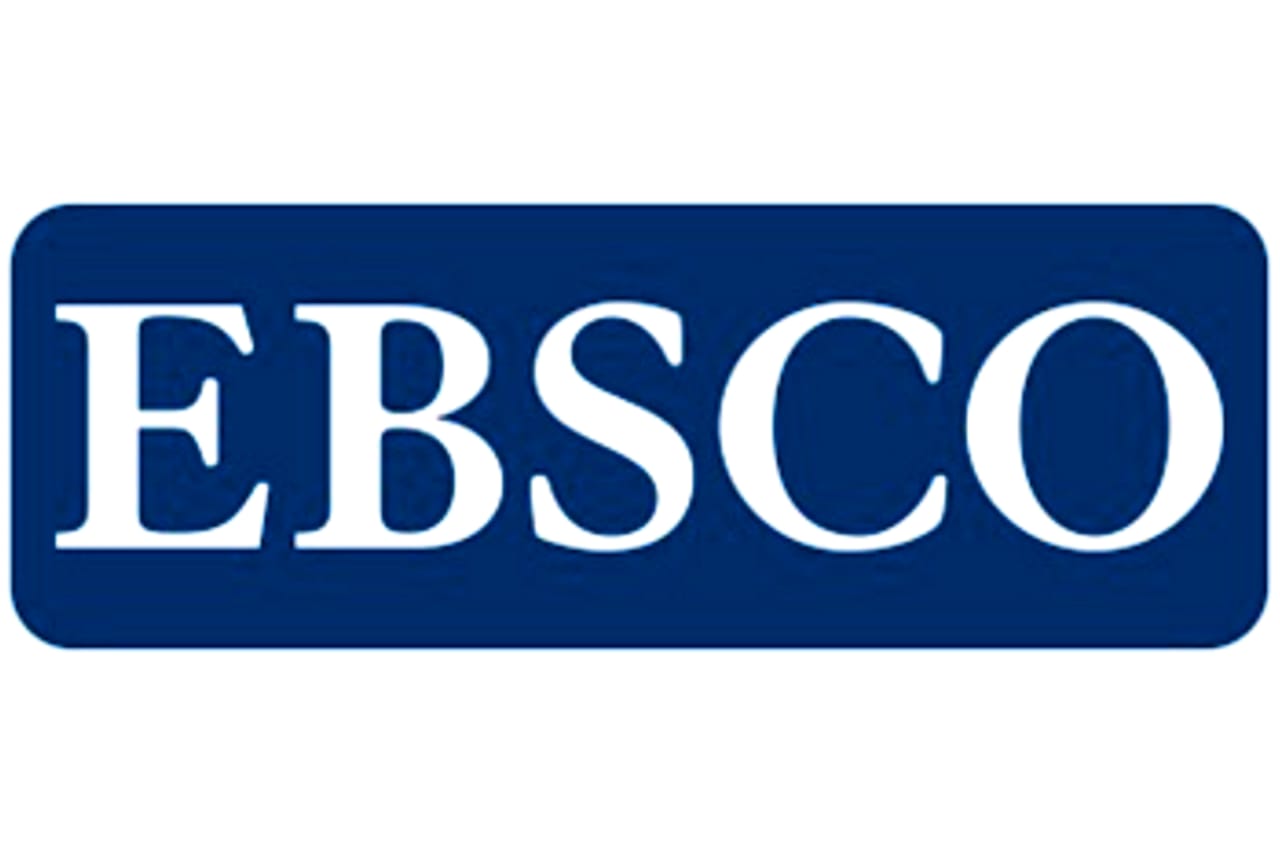LATINIZATION OF THE KAZAKH ALPHABET: ANALYSIS OF REASONS FOR IMPLEMENTATION AND THEIR POSSIBLE PROBLEMS
DOI:
https://doi.org/10.26577/FJSS.2022.v8.i1.05Abstract
The introduction of Latin alphabet in Kazakh language caused on the one hand great concerns and uproars within the society of Kazakhstan regarding its importance and relevance, while on the other side causing an optimistic outlook at the language policy reforms for the future to be debated. People started actively to discuss this long-term oriented government initiative within the social media outlets as well as on a higher governmental level. It also sparked controversial but interesting discussions concerning sensitive domestic issues such as on topics concerning aspects of national identity, civic identity matters, nation- building processes and socio-political matters that both directly and indirectly affected the process of transition from Cyrillic towards a Latin script. This paper analyzes the importance and relevance of the Latinization process of the Kazakh language in the contemporary time period for the Kazakhstani society and discusses the implementation problems from the orthographic and phonetic aspect; institutionalism and path dependency approach; modernization process; and the financial and socio-political aspects. Moreover, a historical literature review has been provided in this paper, summarizing the different periods of transition of the Kazakh language since the early 19th century up to the contemporary time period. Last but not the least, a list of recommendations was provided with arguments supporting this grand government policy and how to operationalize these potential recommendations to policymakers as well as other stakeholders involved in the process of latinizing the Kazakh language. This paper will serve as a discursive paper for scholars in the field of public policy, philological studies and socio-political science.
Keywords: latinization process; Kazakh language; nation-building process; national identity; language policy.











